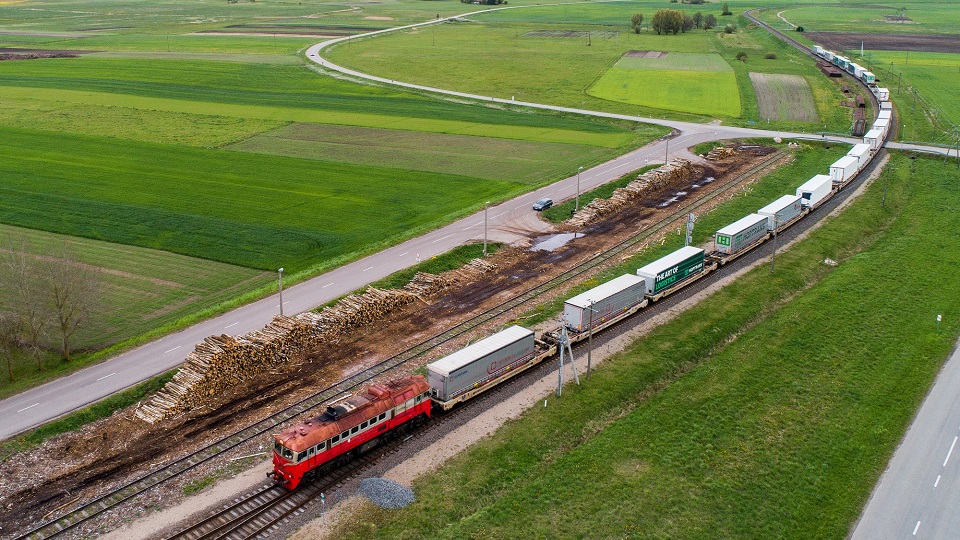Rolling highway from Germany to Lithuania a new success for modal shift

It is a new accomplishment in the shift-to-rail policy for Europe. LG Cargo, PKP Cargo and CargoBeamer tested a rolling highway service between Germany and Lithuania. It is the first rail piggyback connection for the Baltic States.
Do you want to read the full article?
Thank you for visiting RailFreight.com. Become a member of RailFreight Premium and get full access to all our premium content.
Are you already a member?
Having problems logging in? Call +31(0)10 280 1000 or send an email to customerdesk@promedia.nl.




